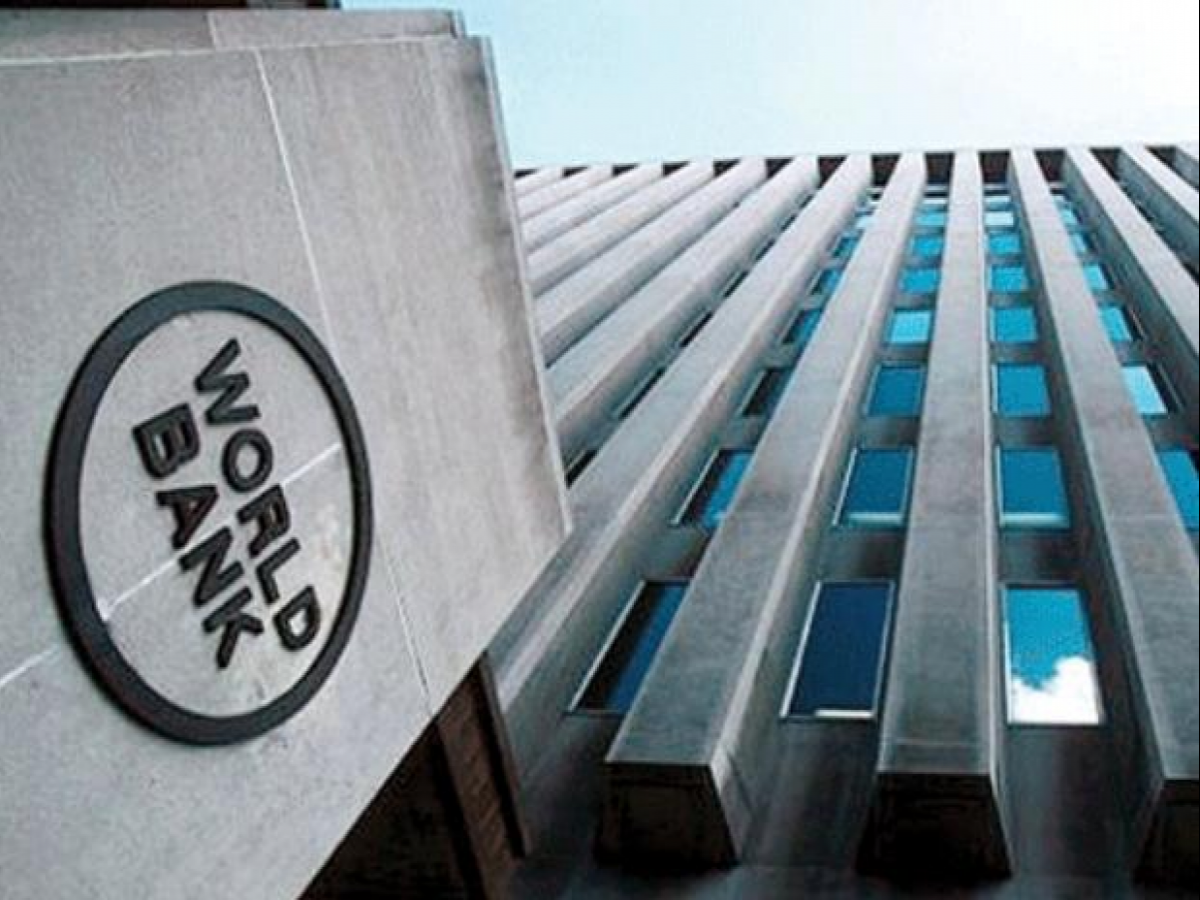
New Delhi, NFAPost: The World Bank cut its 2022-23 (FY23) realgross domestic product (GDP) growth forecast for India to 7.5%, from 8%, on the back of inflationary pressures,supply-chain pressures, and geopolitical tensions due to Russia’s invasion of Ukraine.In its latest Global Economic Prospects report, the multilateralinstitution also lowered its global growth forecast for calendar year 2022 to 2.9 per cent from 4.1%. “In India, growth is forecast to edge down to 7.5% in FY23, with headwinds from rising inflation, supply-chain disruptions and geopolitical tensions offsetting buoyancy in the recovery of services consumption from the pandemic,” the report stated.The World Bank said that growth will be supported by fixedinvestment undertaken by the private sector and by the government, which has introduced incentives and reforms to improve the business climate.“Growth is expected to slow further to 7.1 per cent in 2023-24, back towards its longer-run potential,” it said.This is the second time the World Bank has revised its GDP growth forecast for India in FY23. In April, it had trimmed the forecast from 8.7% to 8%.Rating agency S&P and the International Monetary Fund were among agencies that had recently cut their FY23 forecast for India. At 7.5%, the World Bank’s forecast is still slightly more bullish than the Reserve Bank of India’s (RBI’s) forecast of 7.2%.
India’s economy grew 8.7 per cent in 2021-22, making it the fastest-growing major economy in the world. The output was helped primarily by the agriculture sector and the government final consumption expenditure.On Wednesday, the RBI’s monetary policy committee is expected to announce a repo rate cut of at least 50 basis points as inflation hits household savings and corporate margins. The Centre, meanwhile, slashed excise duties on petrol and diesel, placed export curbs on items, including wheat and cut duties on other items to keep prices in check.A rise in prices across all items from fuel and vegetables to cooking oil pushed the wholesale price index-based inflation rate to a series high of 15.08% in April and retail inflation to a near eight-year high of 7.79 per cent.“Following more than two years of the pandemic, spillovers from the Russian Federation’s invasion of Ukraine are set to sharply hasten the deceleration of global economic activity, which is now expected to slow to 2.9% in 2022,” World Bank said on global growth prospects.It said that the war in Ukraine is leading to high commodity prices, adding to supply disruptions, increasing food insecurity and poverty, exacerbating inflation, contributing to tighter financial conditions, magnifying financial vulnerability and heightening policy uncertainty.“Growth in emerging markets and developing economies this year has been downgraded to 3.4%, as negative spillovers from the invasion of Ukraine more than offset any near-term boost to some commodity exporters from higher energy prices,” it said.





